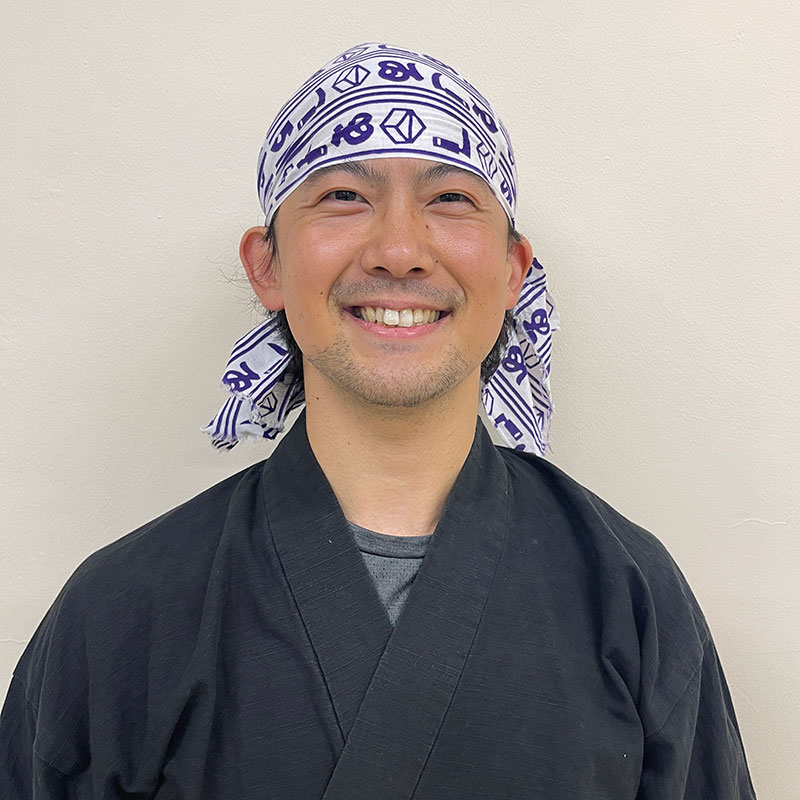The Matcha Samurai
I have been active as a stage actor since 2012, appearing in numerous productions featuring swordplay.
On stage, he is known for his calm and steady presence, particularly as a skilled kirareyaku—an actor who specializes in being cut down during fight scenes with precision and expression.
As an instructor, he teaches a wide range of students, from young children to seniors in their 60s and 70s. Since 2015, he has also been teaching a class called Tate Exercise at the NPO Smile Kamata in Kamata. With his kind and attentive personality, he is a mood-maker loved by many members. He is especially highly praised for his instruction of beginners.
How I Started Tate
In my early twenties, I attended a film school. Most students wanted to be directors, producers, or work behind the scenes, so there weren’t many people who wanted to perform. As a result, I often ended up acting. While pretending to be an actor, I started to think, “Being an actor seems pretty great.”
Then, when I was 26, a friend from film school passed away. When we gathered to remember him, someone asked me, “Kume-chan, what are you up to these days?” Without thinking, I blurted out, “I’m an actor!”—a complete lie. Then they asked, “Oh, really? Are you interested in Tate?” I had no idea what Tate was, but I instinctively said, “Yeah, I’m interested!”—another lie. That’s how I was introduced to Mizuno Dai.
I went to see Mizuno’s stage performance right away. It was incredibly cool, and I had a gut feeling that Tate was something I could get passionate about. When I joined the practice sessions, I found them exciting. Action itself was fun, and learning the techniques was even more thrilling.
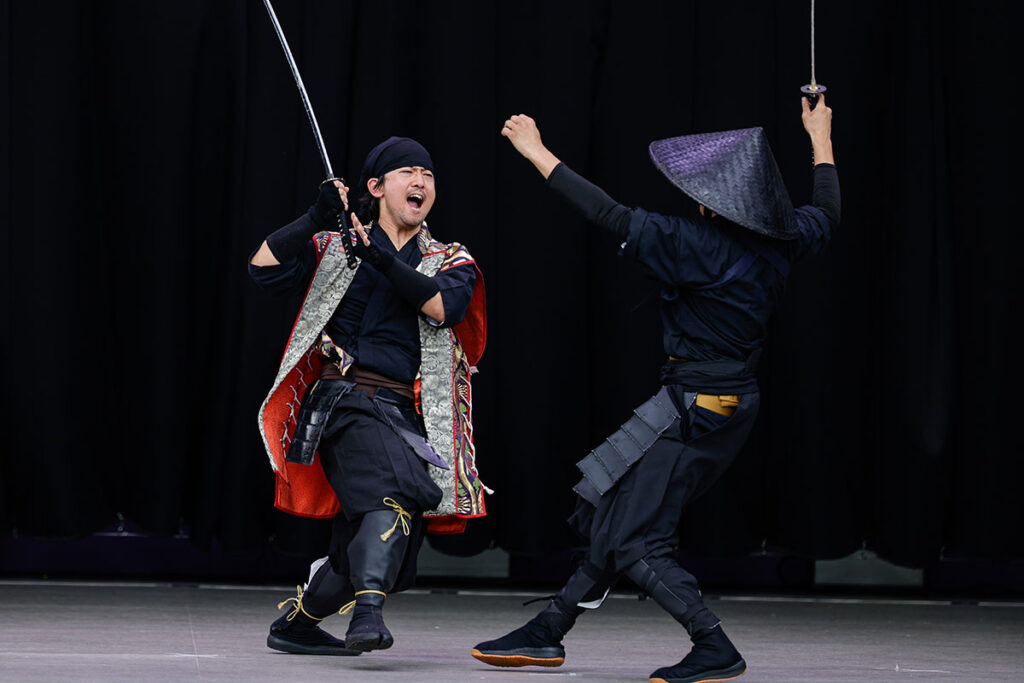
After that, I joined the En Theatre Research Institute and attended weekly Tate workshops, gradually becoming more and more immersed in it. That was when I was 26. I started in 2012, so I’ve now been doing Tate for over ten years. I’m still learning, but I want to continue spreading the beauty and technique of Tate.
Stage Appearance
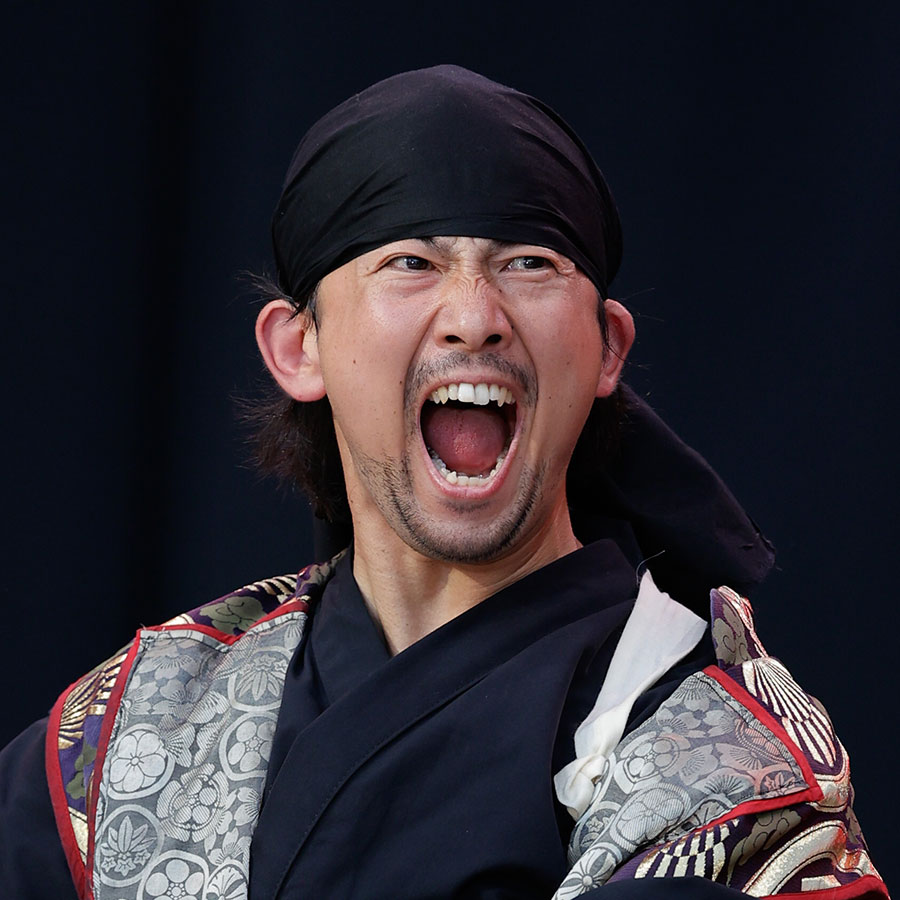
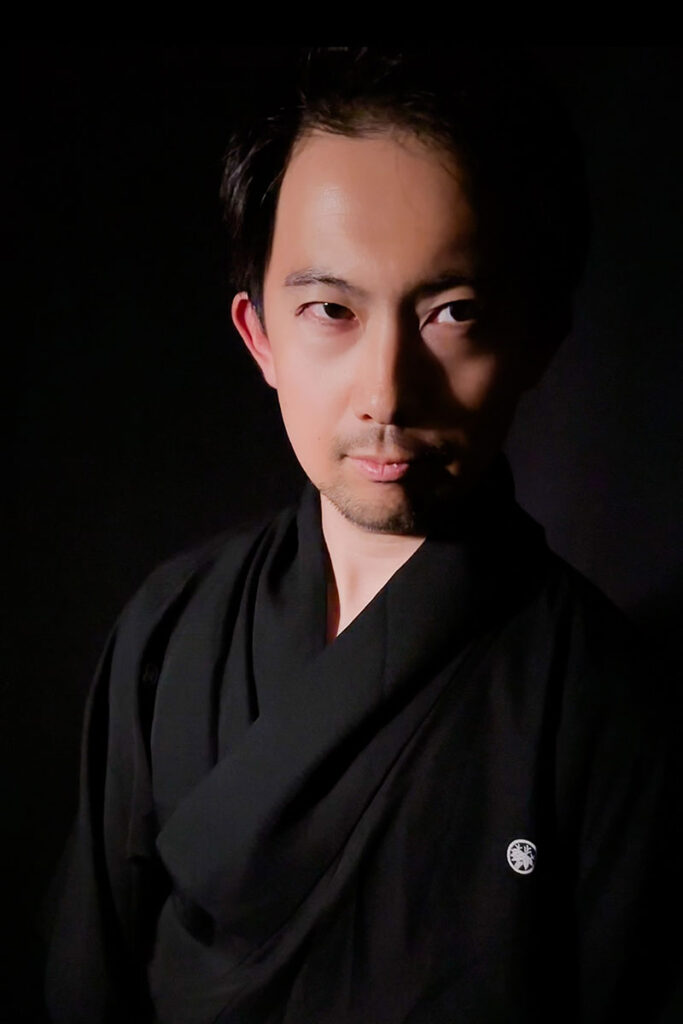
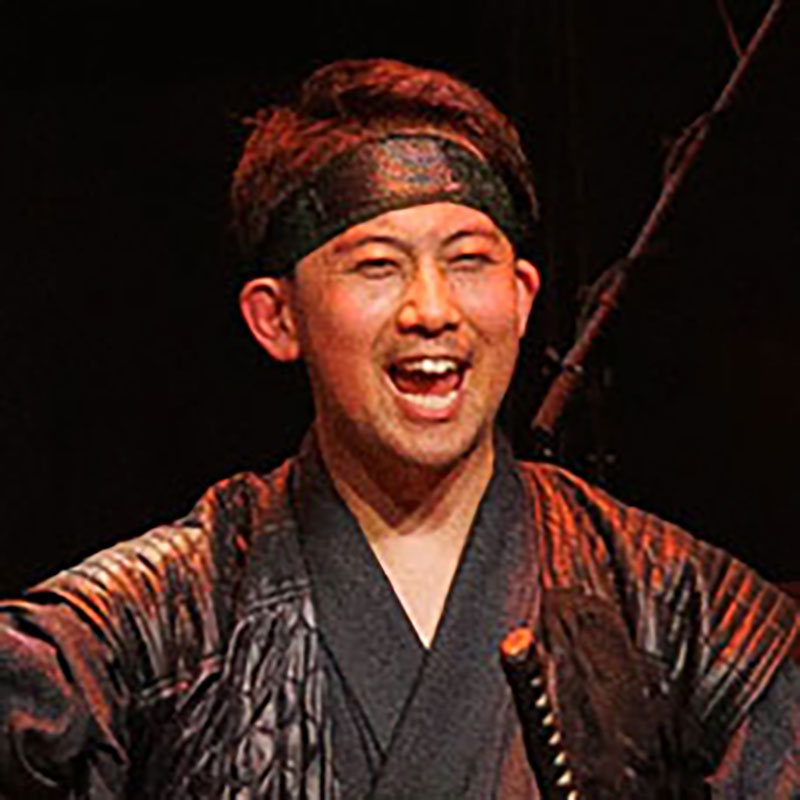
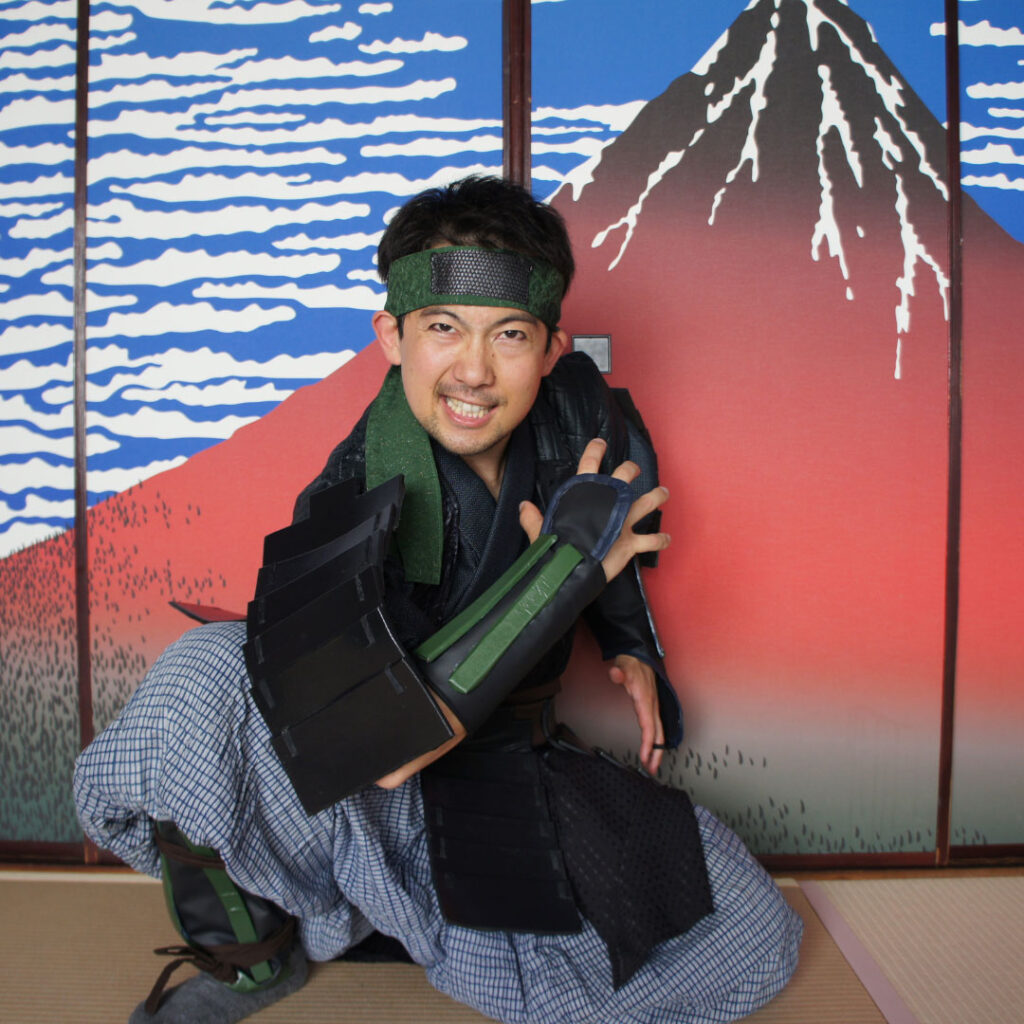
My Connection with Matcha
There are various schools of the Japanese tea ceremony, each with its own unique etiquette. The three major schools are Omotesenke, Urasenke, and Mushakouji-senke. My mother, however, was a master of the Kobori Enshu school. Because of that, I grew up drinking the matcha she prepared on a daily basis.
The Kobori Enshu school was founded in the 17th century by the tea master Kobori Enshu. It is known for its simple yet elegant style, embodying the wabi-cha aesthetic of Sen no Rikyu—an appreciation for refined simplicity—while emphasizing harmony, respect, and gratitude in daily life. This school features a refined and dignified tea ceremony suited to samurai culture and has also influenced the design of tea rooms and gardens.
Having been raised in such an environment, I developed a deep love for matcha and still drink it every day. I often enjoy matcha from Uji and Shizuoka, each of which has distinct bitterness and astringency. Uji matcha, grown around Uji City in Kyoto Prefecture, has a long history and is known for its fragrant aroma, smooth texture, and deep flavor. On the other hand, Shizuoka matcha is cultivated in Japan’s largest tea-producing region and offers a light, refreshing taste with a relatively mild impression.
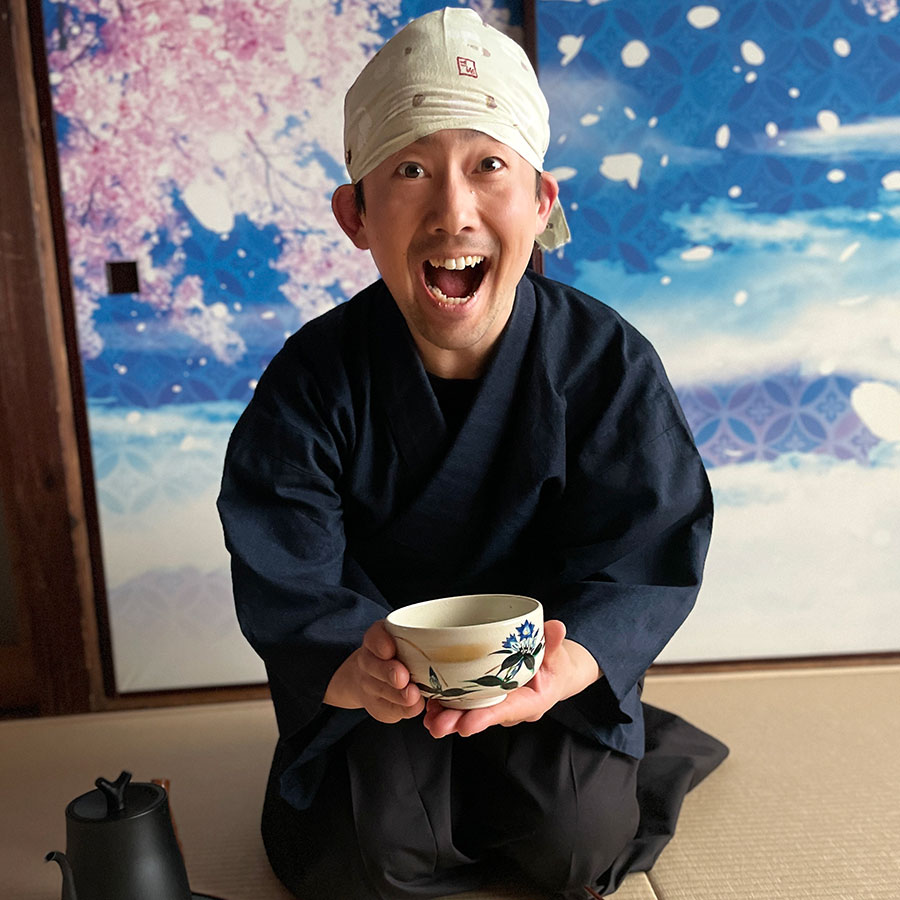
Uji matcha is often associated with luxury and tradition and is frequently used in tea ceremonies. It also has international recognition. Meanwhile, Shizuoka matcha is more affordable and widely enjoyed in everyday life. Uji matcha, with its well-balanced flavor, has little bitterness, while Shizuoka matcha is said to have a natural sweetness. However, from my experience, many Shizuoka matcha varieties tend to have a stronger bitterness. Of course, this depends on the price and brand, but for now, I prefer Uji matcha.
There are many people far more knowledgeable about tea than I am, but since I drink matcha every day, I believe I can offer a unique experience. That’s why I call myself “Matcha Samurai” and continue my training. My concept is Easy, Enjoyable, and Healthy. Exploring different types of matcha brings new discoveries every day. I am still on my journey, but I hope to help others experience the true essence of matcha.
By the way, I also love matcha sweets, and my favorite is MUJI’s Matcha Opera Cake.
